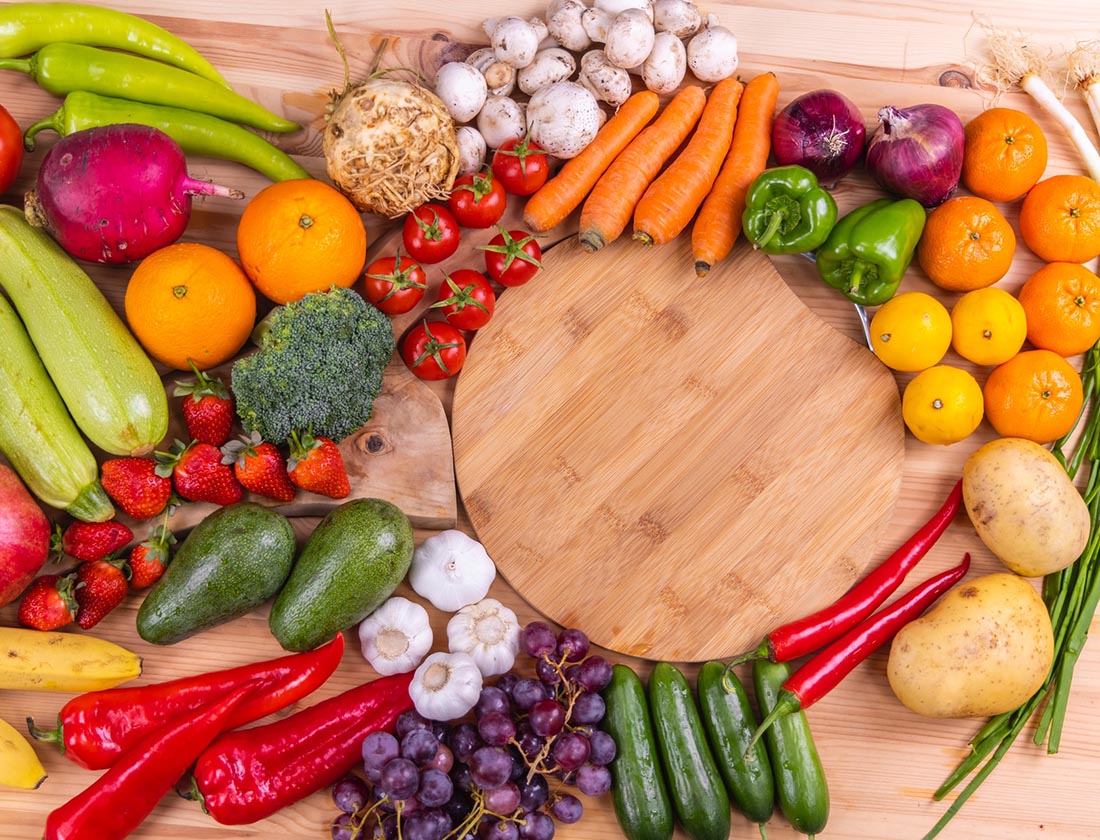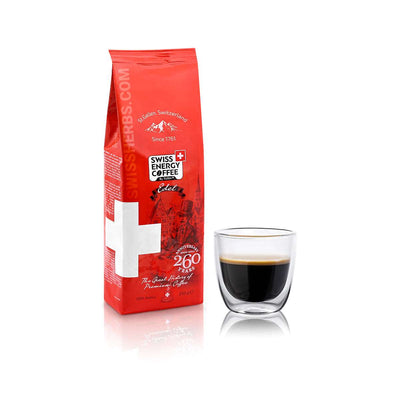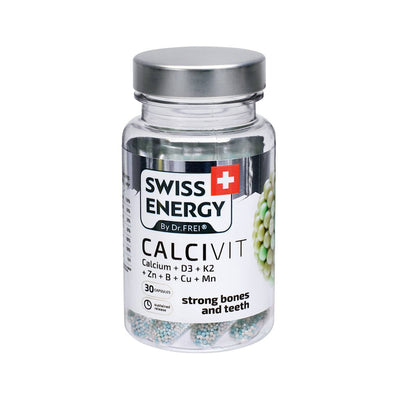The importance of nutrition for the immune system

Nutrition plays an important role for our defenses. Our immune system defends our body tirelessly, but to do so it also requires constant replenishment. Find out what this means and how to support your body optimally in the following article.
Balanced nutrition for your immune system
Healthy nutrition does not mean you have to eat the same food every day. It is far more important that you have a balanced and varied diet, integrating seasonal produce into the menu. A meal should therefore always include a protein such as fish or meat, a side of carbohydrate such as potato or rice along with vegetables or salad.
Furthermore, the body should not be stressed by eating large quantities of calories so that the organism is constantly busy digesting. In additional to existential macronutrients such as protein, fat and carbohydrate, a well-functioning immune system above all requires micronutrients. These include vitamins, minerals, trace elements and essential amino acids, as the body is in part unable to produce these itself so they have to be supplied through diet. Micronutrients are found in many foods and are involved in many processes in the body, such as blood formation and of course the immune system.
Preparing vegetables gently
It has long been known that how vegetables are prepared is a decisive factor in regard to taste and nutritional content. In order to retain the valuable vitamins in vegetables, they should first be washed quickly in cold water and cut up shortly before further processing. In general, vegetables should not be boiled for long because the longer they are boiled, the more nutrients are lost in the water. The gentlest way to cook vegetables is steaming. The recommended method is to put the vegetables in a pot with a sieve insert and simply cook them using steam. As there is no contact with the water, the taste, color and nutritional content are retained.
If you don’t always have fresh vegetables at home, you can also use frozen vegetables. They still contain about 90 per cent of the nutrients because the vegetables are frozen immediately after harvesting. Fresh vegetables should always be protected against light and stored at about four degrees.
Nutritional supplements are not necessarily required
With a balanced and varied diet, supplementary measures are, as a rule, not necessary unless there is a deficiency. Illnesses may also make nutritional supplements necessary. The most common deficiencies are vitamin D deficiency in winter, as our body can only produce Vitamin D itself using sunlight.
These foods contain the essential vitamins and micronutrients
Vitamin A
Vitamin A comprises a series of compounds such as retinol and the precursor beta-carotene. It is fat-soluble so it can be stored in the body. Vitamin A is particularly important for bones, teeth and eyes and can be found in sea fish, dairy products and red fruit and vegetables.
Vitamin B1
Vitamin B1 is also called thiamine and is important for energy metabolism, whereby it supports the body in releasing the energy from the nutritional components. It is found primarily in meat, grains, lentils and peas.
Vitamin B2
Just like Vitamin B1, Vitamin B2 is a water-soluble vitamin. It is important for the eye lenses and plays a major role in nerve function. Vitamin B2 is found in sea fish, cheese and nuts.
Vitamin B3
Vitamin B3, also known as niacin, maintains the mucosa and can contribute to healthy skin. Pollack, tuna and beef are rich in niacin.
Vitamin B6
Vitamin B6 is a compound group consisting of pyridoxine, pyridoxal and pyridoxamine. It strengthens the immune system and helps to develop nerve endings. It is found in dairy products, meat, nuts and avocados.
Vitamin B7
Biotin is known for strengthening skin and hair. It is also involved in the growth of blood cells and regulation of blood sugar levels. Peanuts, tomatoes, cheese and meat contain vitamin B7.
Vitamin B9
Better known as folic acid, vitamin B9 is essential for the formation of red and white blood cells. Folic acid is found in pulses, sprouts, eggs and liver.
Vitamin B12
As a water-soluble vitamin, vitamin B12 is involved in the development of nerve cells in the spinal cord and essential for nucleic acid metabolism. Animal products such as dairy products and meat are rich in vitamin B12.
Vitamin C
As an antioxidant, ascorbic acid is responsible for the immune system functioning well, in that vitamin C neutralises cell-damaging free radicals. Vitamin C is primarily found in citrus fruits and fresh vegetables.
Vitamin D
Vitamin D is mainly produced as a result of sunshine on the skin and is only consumed in small amounts through diet. Meat and egg yolks contain vitamin D.
Vitamin E
Vitamin E stands for a group called tocopherols. It also has an antioxidant effect and therefore prevents cell damage. Vitamin E is mainly found in plant products such as rapeseed oil or sunflower oil, butter and eggs.
Vitamin K
The main task of vitamin K is to produce the factors for blood clotting. It is also involved in the regeneration of the eyes and liver. Broccoli, meat and dairy products are rich in vitamin K.
Iron
As a trace element, iron is responsible for oxygen transport in the blood and muscle function. It is found in wholegrain bread, nuts and veal.
Omega-3
Omega-3 fatty acids are the building blocks of our cell membranes and are responsible for the production of many different tissue hormones. Sea fish and nuts in particular are rich in Omega-3.
Selenium
Selenium has an antioxidant effect and protects our cell membranes. In addition to this, selenium plays an important role in DNA synthesis and cell division. Selenium is found in meat, fish, mushrooms and asparagus.
Zinc
The body cannot produce this essential trace element, which plays a major role in growth, the immune system and fertility, itself so it must therefore be supplied through diet. Meat, dairy products and wholegrain products are good sources of zinc.



